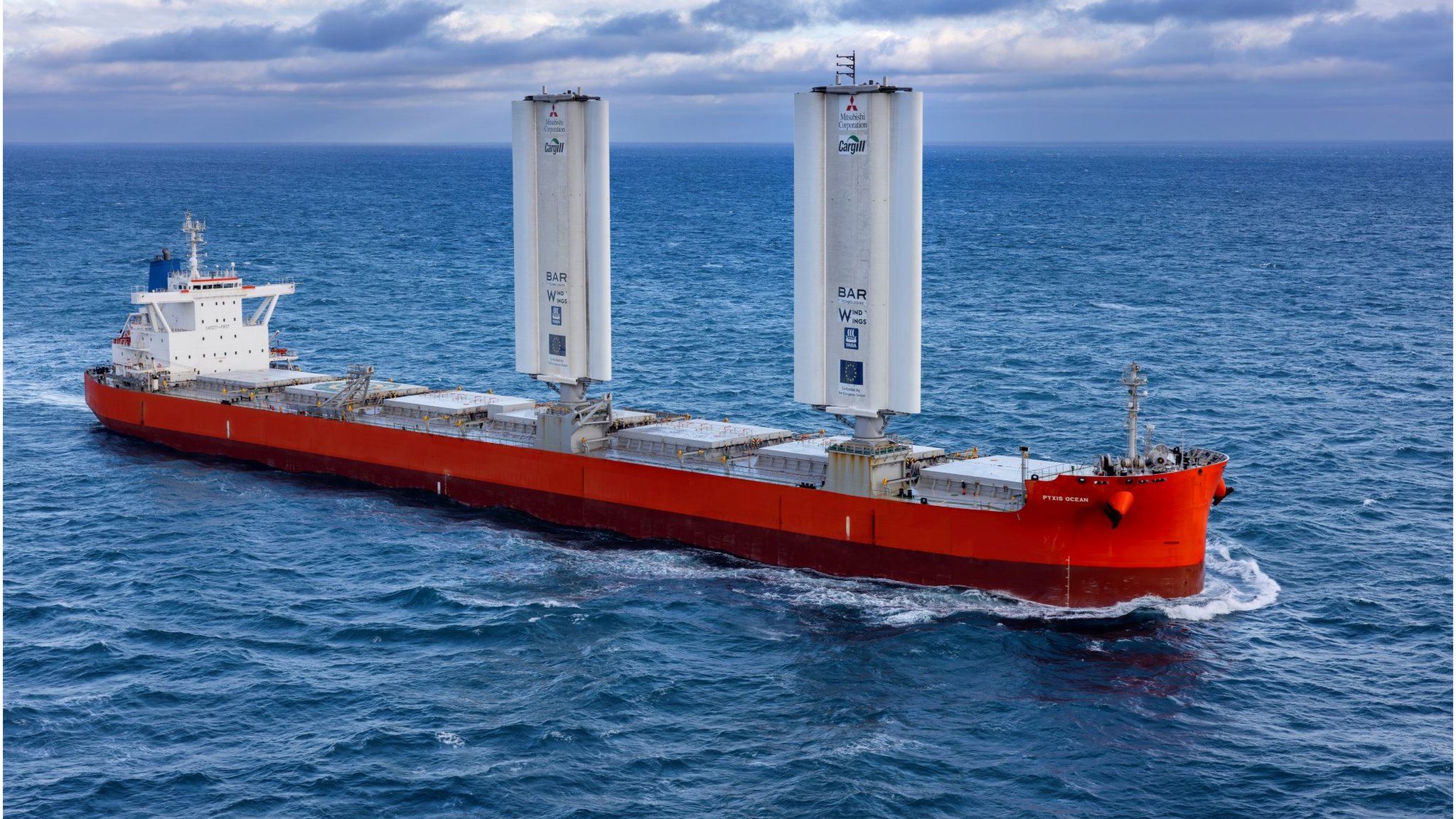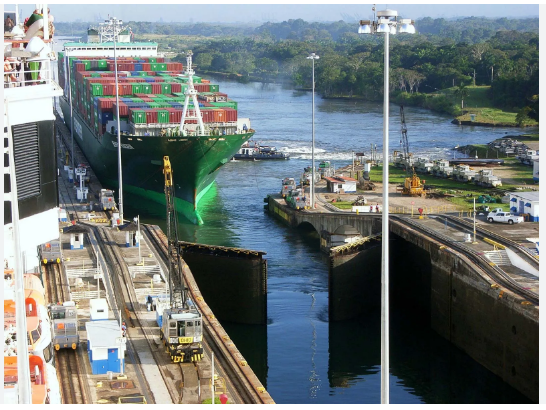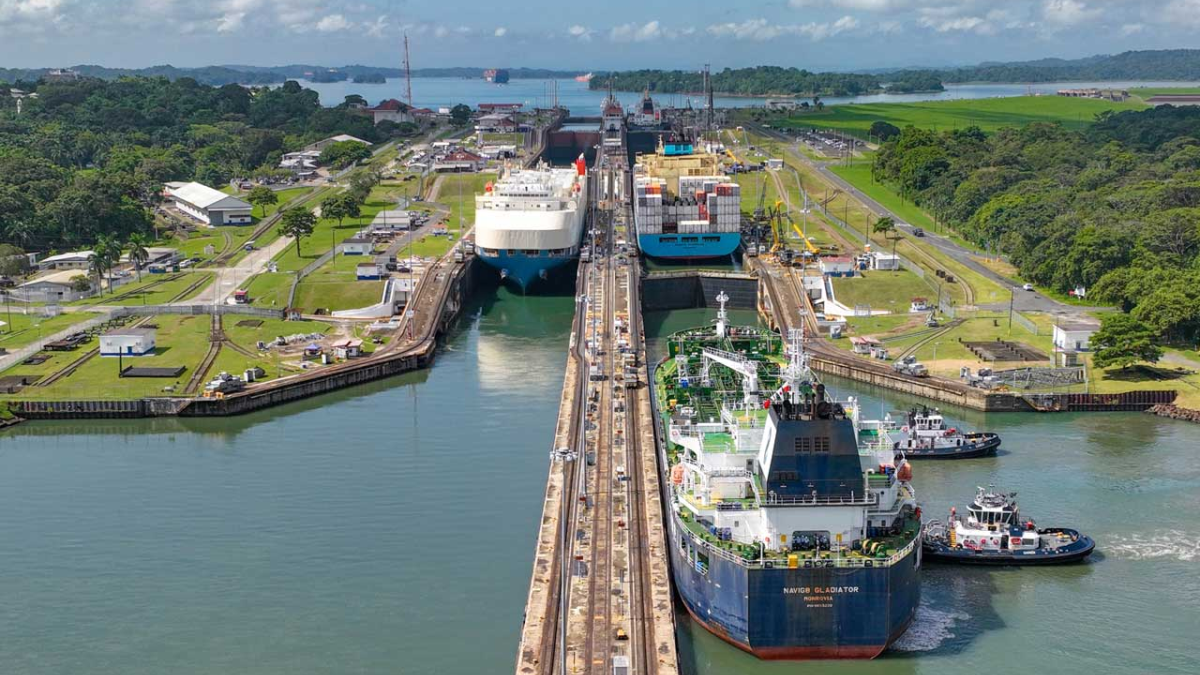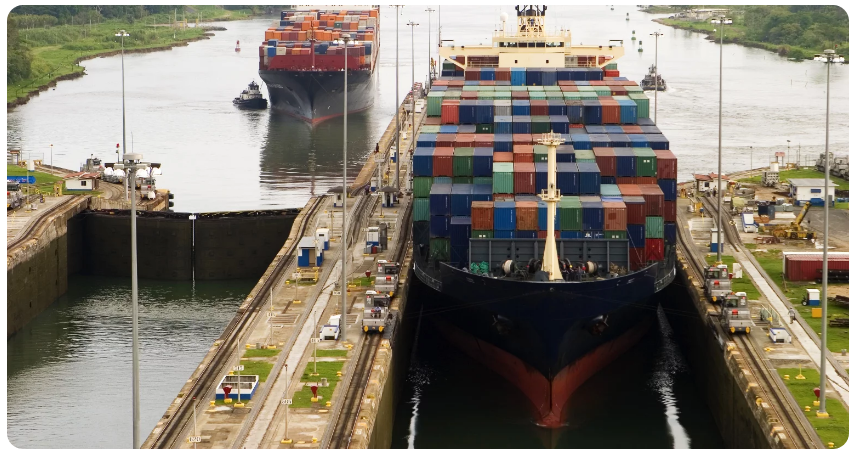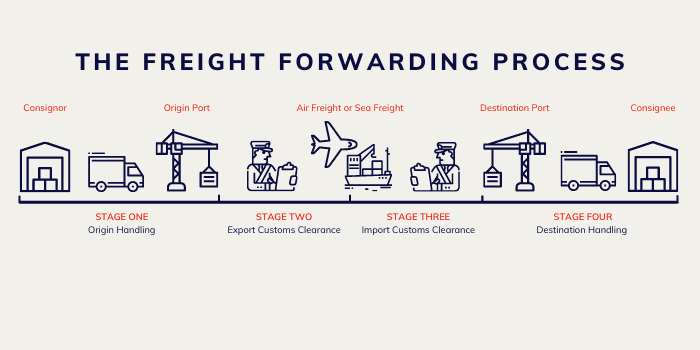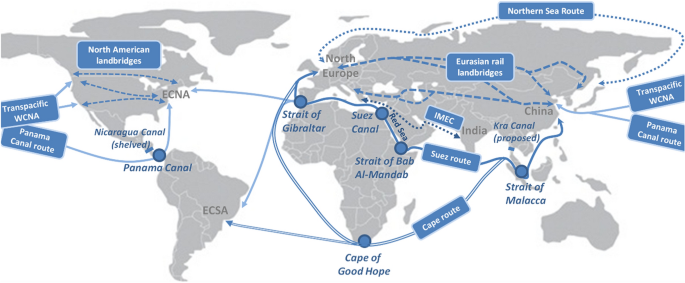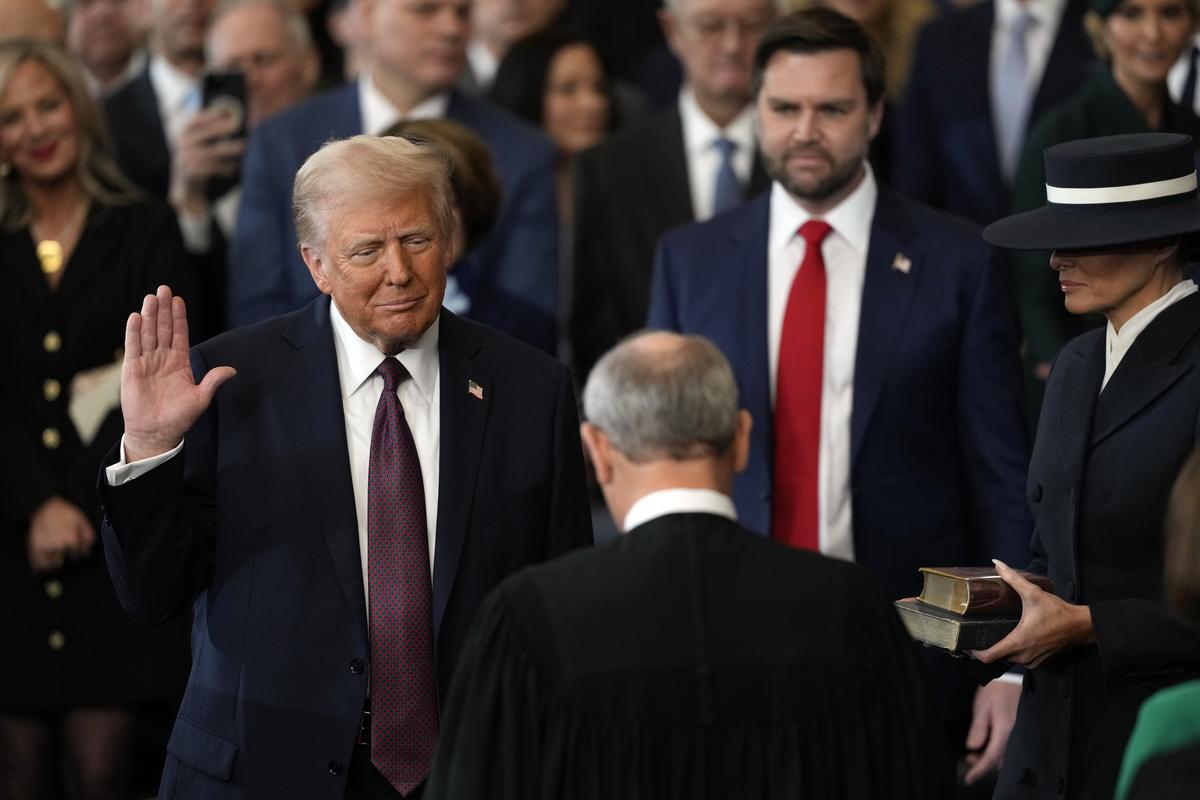
Force majeure is a legal term that refers to an unexpected event that prevents someone from fulfilling their obligations. It's often used in contracts to relieve parties from liability when an extraordinary event occurs. Force majeure is a common clause in contracts and international treaties.
How does force majeure apply to contracts?
- A force majeure clause in a contract allows parties to escape their obligations if a force majeure event occurs
- The clause allocates the risk of loss to the parties involved
- The clause relieves parties from liability for the period of time that the force majeure event lasts
What is the basis for force majeure?
- Force majeure is based on common law, which courts interpret based on the language of the contract and the legal jurisdiction
Examples of force majeure events-
- Natural disasters, such as hurricanes, tornadoes, flood, earthquake, or fire
- Public health crisis like human-made diseases, an outbreak of a disease, such as pandemics
- Armed conflict, such as wars, invasions, hostilities
- An unexpected family obligation like a death, pregnancy, or major illness
- Terrorist attacks, Civil unrest, such as riots, strikes
- A government shutdown or Political event
- A failure of public infrastructure
EXPLANATION
- Force majeure - A clause in a contract that frees parties from their obligations when an extraordinary event occurs. The term comes from the French phrase force majeure, which means "superior force".
- Act of war - An act of war is a type of force majeure event, which is an extraordinary event that frees parties from their contract obligations. A type of force majeure event that includes declared or undeclared wars, invasions, and hostilities.
- Purpose of force majeure - To ensure that neither party is unfairly burdened by circumstances beyond their control.












